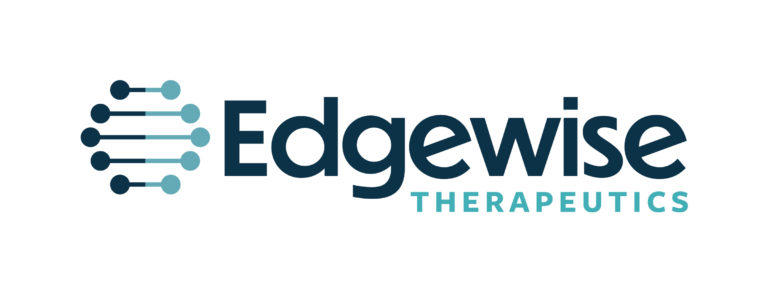On the 30th November Edgewise Therapeutics Inc. (a leading muscle disease biopharmaceutical company) announced that the U.S. Food & Drug Administration (FDA) has granted EDG-5506 Orphan Drug Designation (ODD) for the treatment of Duchenne muscular dystrophy and Becker muscular dystrophy and Rare Pediatric Disease Designation (RPDD) for the treatment of Duchenne.
The President and CEO of Edgewise, Dr. Kevin Koch, stated: “Receiving orphan drug and rare paediatric disease designations are important milestones in advancing our novel small molecule therapeutic approach to treating individuals with Duchenne and Becker”, further adding, “These regulatory designations highlight the urgent and critical need for new and better therapeutic options for people living with these rare, serious or life-threatening disorders.”
What is Orphan Drug Designation (ODD) and Rare Pediatric Disease Designation (RPDD)?
ODD and RPPD support the development of medicines for rare diseases affecting fewer than 20,000 people in the U.S by providing priority reviews of therapies currently being trialled. If successfully approved, the FDA will provide preferential marketing incentives that will allow the therapy to be sustainably produced.
What is EDG-5506?
EDG-5506 is an orally-administered small molecule that blocks the activity of myosin (the moving component in the muscle) preventing muscle damage in dystrophinopathies in Duchenne and Becker muscular dystrophy. Currently a Phase 2 trialled therapeutic, EDG-5506 presents a new mechanism of action designed to selectively limit muscle damage caused by the loss of functional dystrophin.
Would you like to know more about Duchenne muscular dystrophy? Increase your knowledge and understanding of Duchenne with our bite-sized science video series.
Our videos are cover many different aspects of Duchenne and are easy to access, watch and share.
Part 1: Facts about Duchenne Muscular Dystrophy
Origin of the name Duchenne muscular dystrophy
What is Duchenne muscular dystrophy
Epidemiology and Prevalence of Duchenne Muscular Dystrophy
Part 2: Signs and Symptoms of Duchenne Muscular Dystrophy




 United Nations Officially Designates September 7th as World Duchenne Awareness Day
United Nations Officially Designates September 7th as World Duchenne Awareness Day
